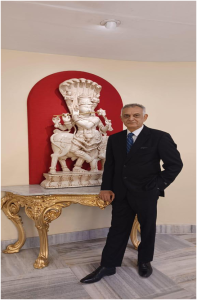
BY RAJIV PARSAD, AVP, ECO HOTELS & RESORTS
NEW DELHI | 22 AUGUST 2025
In 2025, India’s travel and tourism industry is on track to add over ₹22 lakh crore to the economy, supporting more than 48 million jobs as per a new report from the World Travel and Tourism Council (WTTC). Yet beyond this tremendous growth scale, the way Indians are traveling is undergoing a quiet transformation. Instead of waiting for long summer holidays or year-end breaks, people are embracing short, purposeful getaways around long weekends, with festivals like Diwali lighting the way. And what’s even more striking is the shift in priorities as travelers are seeking stays that blend comfort with conscience, choosing destinations and hotels that reflect their values of sustainability, wellness, and mindful living.
The Rise of the Mini-Vacation Mindset:
A decade ago, travel calendars were predictable – summer family getaways, winter vacations for couples, and monsoon staycations. Today, however, Indians are increasingly choosing shorter, experience-driven trips around festivals. Diwali, with its cluster of public holidays and the growing culture of flexible leave, has emerged as a key driver.
This phenomenon is tied to two factors. First, the aspirations of a younger, urban population that prefers more frequent but shorter breaks. Second, the evolution of India’s hospitality sector, which is rapidly adapting to the “weekend tourist” by offering everything from curated dining to compact yet luxurious stays. What once was a season dominated by sweets, shopping, and family gatherings is now becoming equally about wellness retreats, spiritual circuits, and cultural explorations.
The New Face of Festive Travel:
What sets festival-led travel apart from traditional holiday seasons is its diversity. While some travelers head to spiritual destinations to combine festivities with pilgrimage, others are drawn to city hubs for food, nightlife, and shopping experiences. A growing number also see it as the perfect time to explore tier-2 and tier-3 cities, which are now more accessible owing to improved connectivity and latest hospitality offerings.
Interestingly, “environment-friendly” options are beginning to shape choices. Eco-conscious travelers are factoring in carbon footprints, preferring stays that balance comfort with responsible practices such as eating clean, renewable energy use, and local sourcing. The younger demographic, in particular, is rewarding hotels that are transparent about their environmental and social impact. This shift is pushing the travel industry to think beyond luxury and location and instead highlight values and experiences that resonate with modern India.
At the same time, Diwali’s long weekends are helping redefine family travel. Instead of a single long trip in the year, families are breaking it down into multiple shorter journeys. This “micro-holiday” culture allows people to balance work schedules, school calendars, and festive rituals without missing out on the journey and its experiences.
What This Means for India’s Tourism Landscape?
If long weekends continue to grow into a tourism season of their own, India’s travel and hospitality industry will have to rethink its playbook. Hotels and resorts will need to reimagine how quickly and sustainably hotels can be built, experiment with new formats of mid-range and budget offerings and emphasize sustainable practices to stay competitive.
For travelers, this is good news. It means more options, better deals, and experiences tailored to the compact timeframes of festive getaways. For the industry, it signals a future where distribution of demand is more even across the calendar year, reducing the reliance on summer and winter peaks.
In many ways, the festival of lights has always symbolized new beginnings. Today, it is also reshaping the way India travels, ushering in a new season built not on climate or tradition, but on the modern desire for frequent, meaningful, and responsible escapes. And as long weekends multiply across the calendar, the sparkle of Diwali may just light the path to India’s next great tourism wave.

Advertisement:


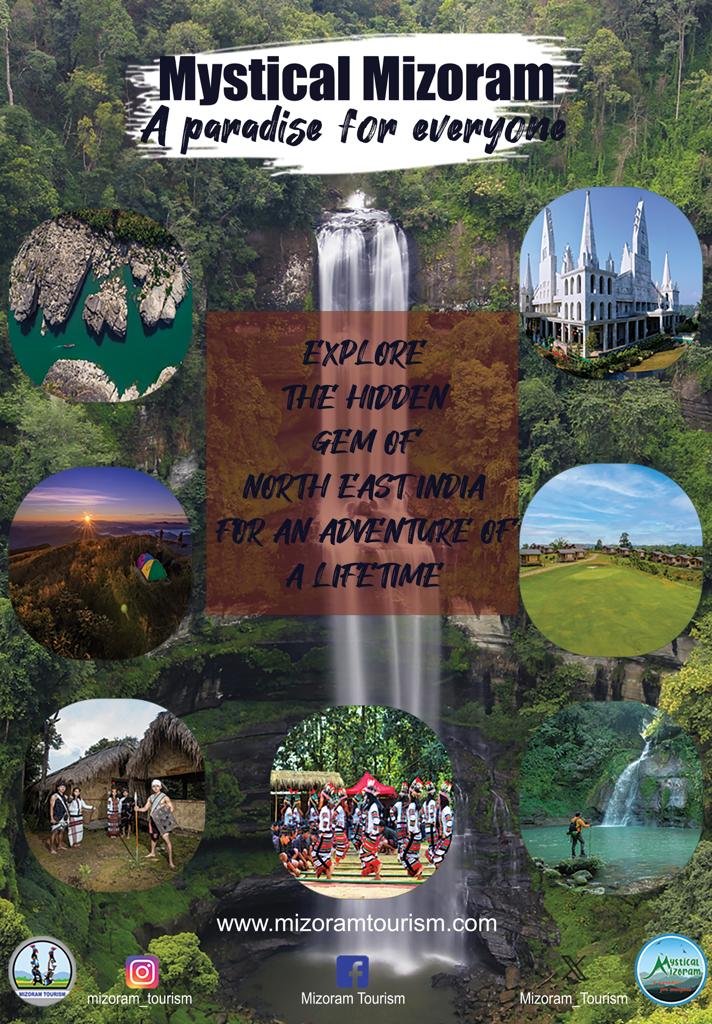






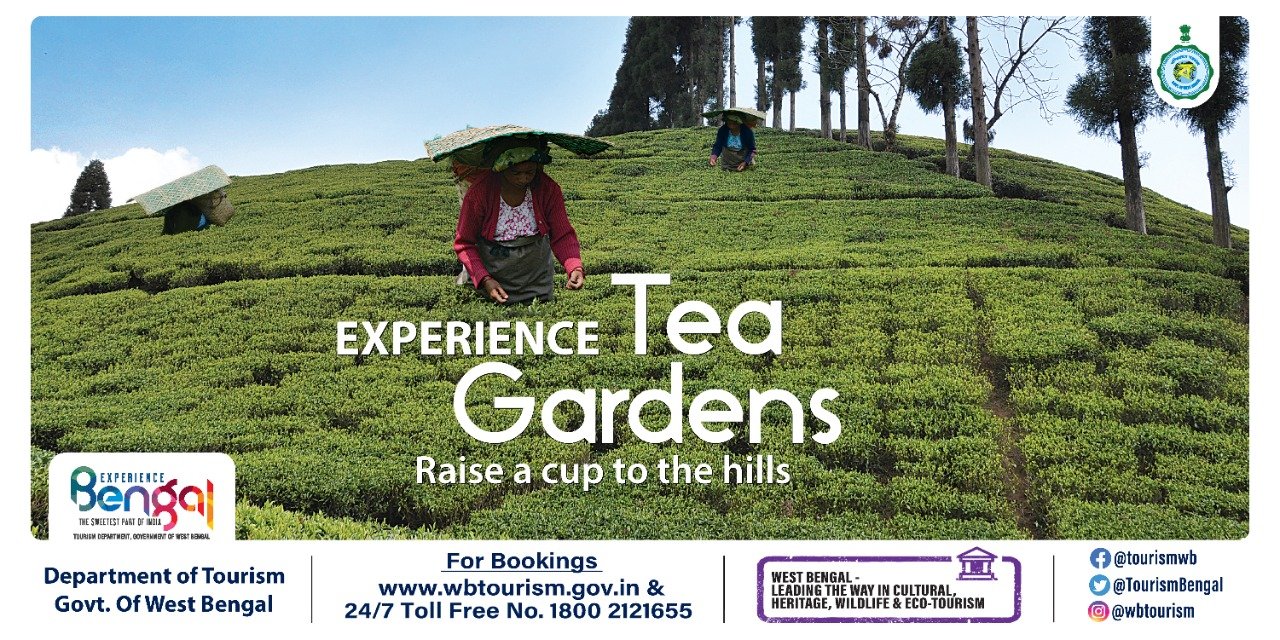

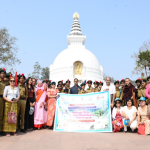



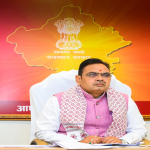



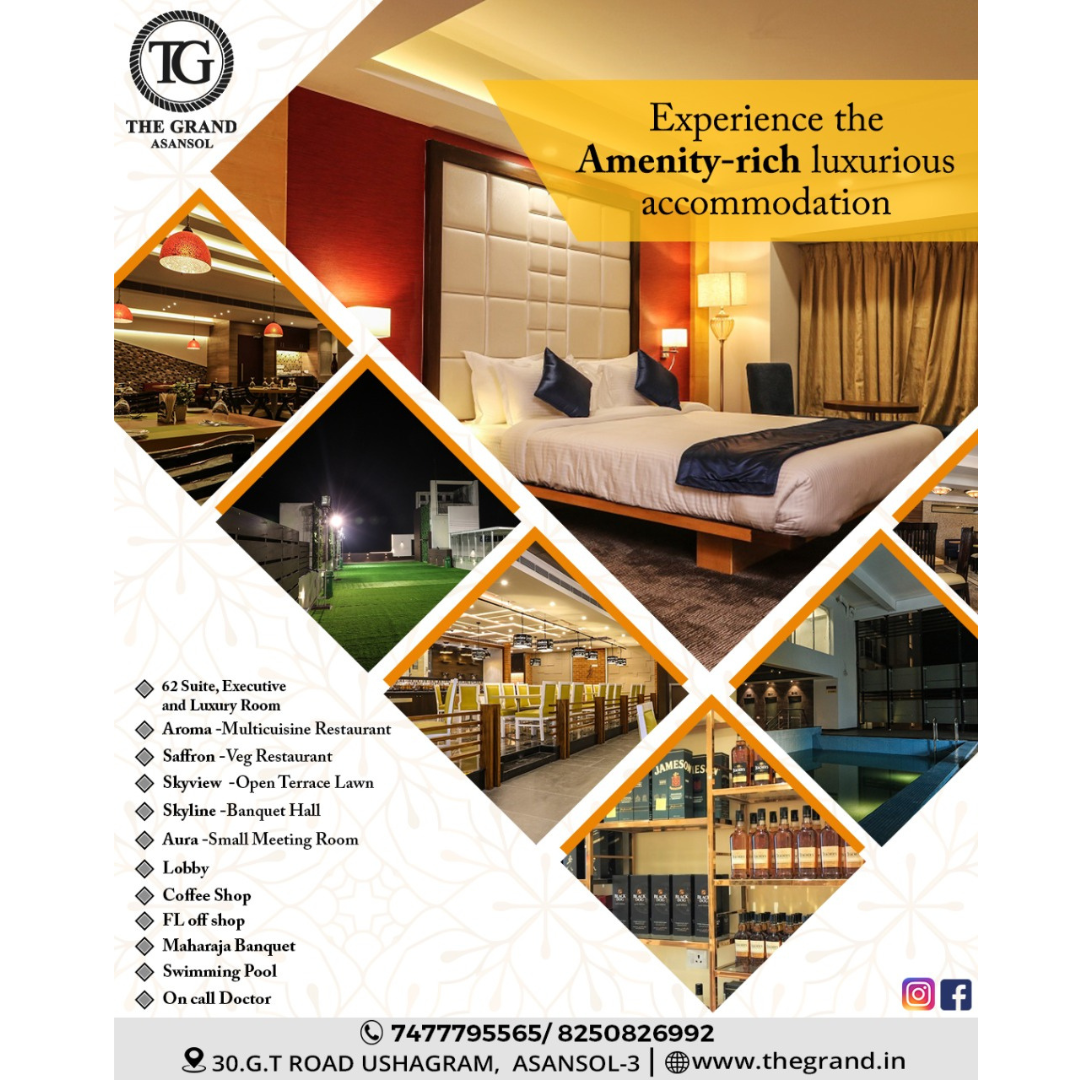
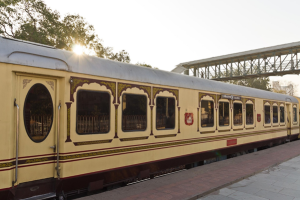
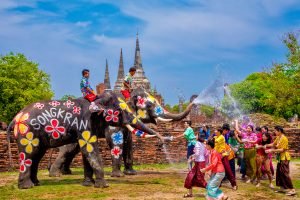








Add Comment